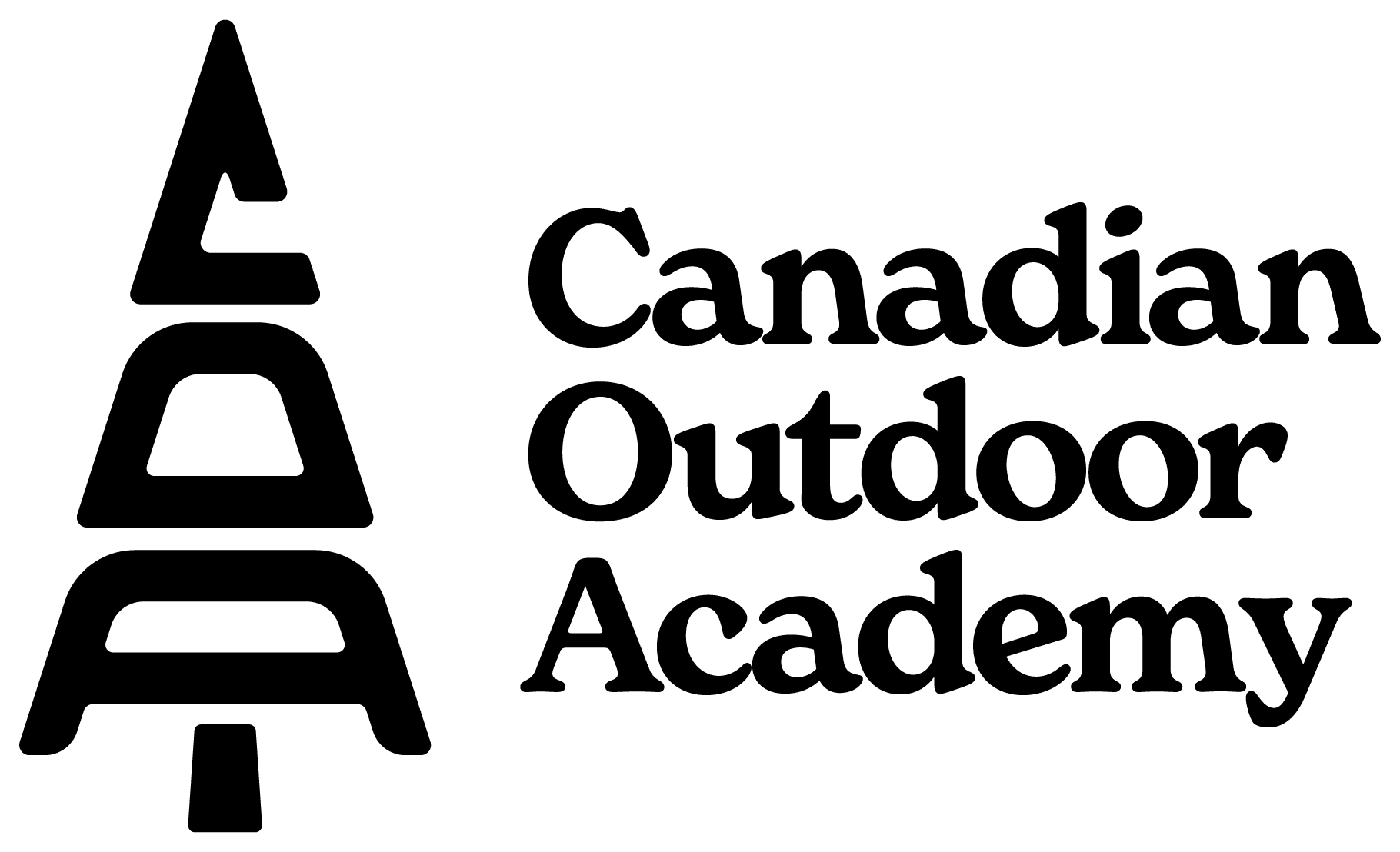Wilderness Advanced First Aid (WAFA)
Advanced medical treatments for wilderness settings
The Wilderness Advanced First Aid (WAFA) course is for those who travel hours away from help with limited resources.
-
For
Backcountry travellers, researchers and field personnel, assistant guide…
-
Duration
40 hrs over 4 days
-
Cost
849$ + taxes
-
Prerequisites
16+ years, no experience needed
Upcoming dates
March 21, 2026 – March 24, 2026 (Whitehorse)
May 23, 2026 – May 26, 2026 (Whitehorse)
October 17, 2026 – October 20, 2026 (Whitehorse)
Learning Outcomes
- Learn advanced medical treatments for wilderness settings. Emphasis is on providing care for extended periods while waiting for additional resources.
- Learn through hands-on training sessions, as well as classroom lecture and discussion
- Prepare for backcountry emergencies in realistic scenarios with stage blood and simulated wounds
- Gain skills on one of the best courses you’ll ever experience—delivered by professional, dynamic and fun instructors
Certifications
- Wilderness Advanced First Aid (WAFA) certification
- CPR A (CPR for adults, includes AED training) certification
- Included materials: Textbook, notebook (with WMA lecture notes), SOAP note booklet, waterproof WMA field guide
- Your certification is valid for 3 years from the date of issue.
- Graduates of Wilderness Advanced First Aid (WAFA) can upgrade to Wilderness First Responder (WFR) by taking the WFR-Bridge within 3 years of their original certification.
Topics Covered
- General concepts of wilderness medicine and the Patient Assessment System
- CPR, AED, and basic life support skills
- Anatomy and major problems of the respiratory, circulatory, and nervous systems
- Musculoskeletal injury assessment and splinting
- Spine injury assessment and management
- Allergies and anaphylaxis
- Medical emergencies such as asthma and diabetes
- Wound and burn management
- Environmental problems such as hypothermia, heat illnesses, lightning, and drowning
- Backcountry medicine and toxins, bites, and stings
- Medical legal issues
- And more…
Prerequisites
You must be 16 years of age to participate. 16 and 17 year olds need parental consent.
There are no course prerequisites for Wilderness Advanced First Aid (WAFA). However, once registered, you’ll be sent a link to our online learning platform. Here you can:
access optional pre-course material for you to review
read and sign your course waiver forms
Assessment & Evaluation for Certification
Practical assessment is ongoing. There is a written test on the last day of the course; students must receive a grade of 80% or higher.
Instructors will do everything they can to accommodate students with different learning styles and needs. Let us know what we can do to help you succeed.
Daily schedule & Attendance
After registering, participants will receive a Student Information Package by email with specific meeting times for their course. Typically classes are from 8:00am – 6:00pm.
Attendance for 100% of class time is mandatory. If you cannot make a session you must get permission from the instructor in advance. Students who miss a section of the course without pre-approval may be asked to leave the course for the sake and safety of the other students.
What to Pack
Please bring appropriate clothing and equipment to be comfortable outside for the entire day. If your course is in late fall, winter, or early spring this means:
- lots of thick, warm layers
- extra toques, mitts, socks, and footwear
- and lots of snack food
Equipment & Supplies
- A large backpack so you can carry extra food, water, clothing, and equipment for yourself
- Day pack for storing your clothing and belongings during class
- Drybag or waterproof stuff sack to keep your textbooks and learning materials in throughout the course (to leave in the outdoor ‘classroom’ area)
- A set of clothing that can be stained and cut during simulations (expect to throw these away)
- Face masks (non-surgical) which covers your nose, mouth, and chin
- Eye protection: this must be commercial eye protection with side guards. Prescription glasses alone are not safety eyewear. The eyewear must have side shields. Full face shields are also acceptable.
- Hand sanitizer with 80% alcohol
- Notebook and pens
- Waterproof digital watch (for taking vital signs). This is mandatory, you can’t use a smart phone.
- Water bottle(s) or hydration pack Snack foods (lots!)
- Lunch
- Sunscreen
- Bug repellent
- Headlamp with extra batteries
- Something to sit and lie on outside such as an insulate pad
- Personal medications
- Personal hygiene products
- Optional: Sunglasses
- Optional: Coffee or tea thermos
- Optional: Waterproof paper and pen
- Optional: Skis, snowshoes (for winter courses), bicycle, or hiking gear (for spring, summer, fall)
Clothing
- Synthetic or wool base layers top and bottom Synthetic or wool insulation layers
- Waterproof jacket and pants
- Warm socks (pack extras)
- Shoes or boots appropriate for weather and rough terrain – an extra pair in case one get’s wet is a good idea.
- 2 x Toque (warm hat), scarf or neck warmer (winter courses), or sun hat
- 2 or 3 x Liner gloves / mitts and *over mittens (winter courses)
Cancellation Policy
Visit our Privacy & Cancellation Policy page to learn more.
Register here
Searching Availability...
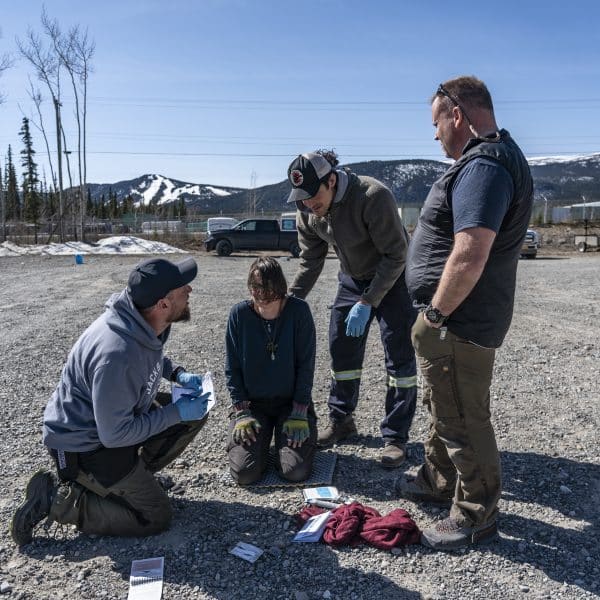
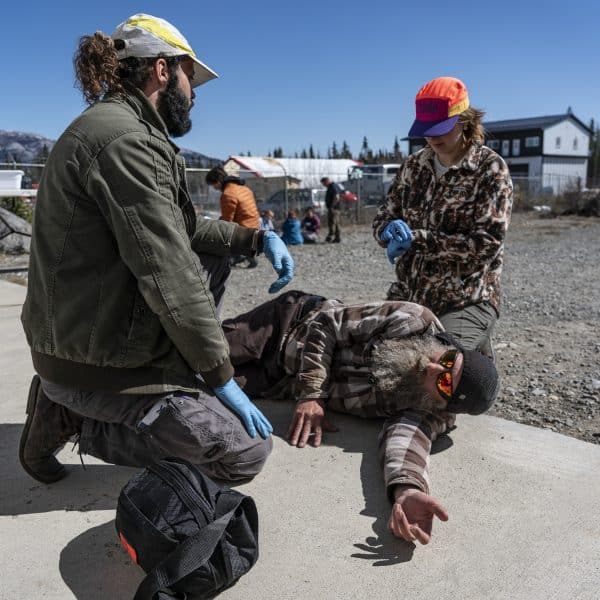
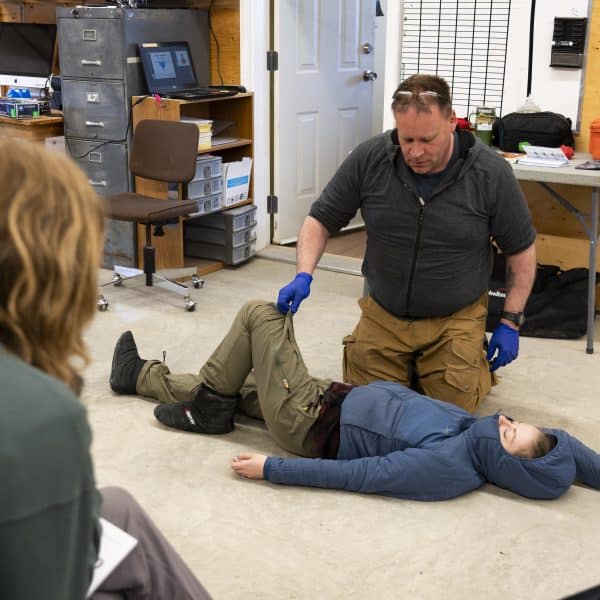
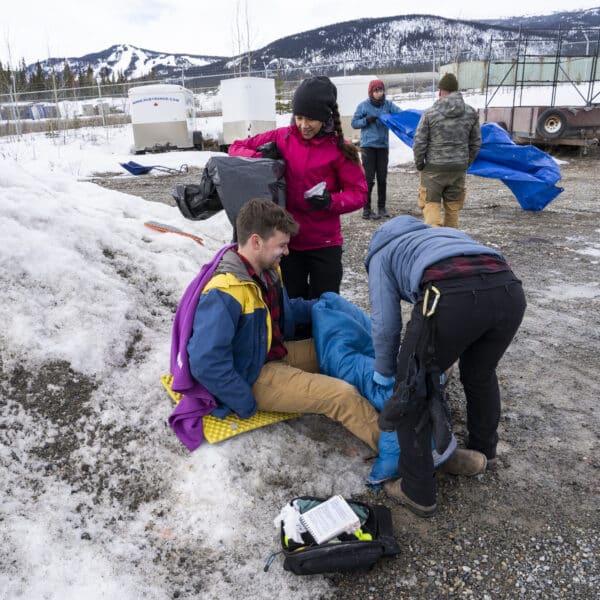
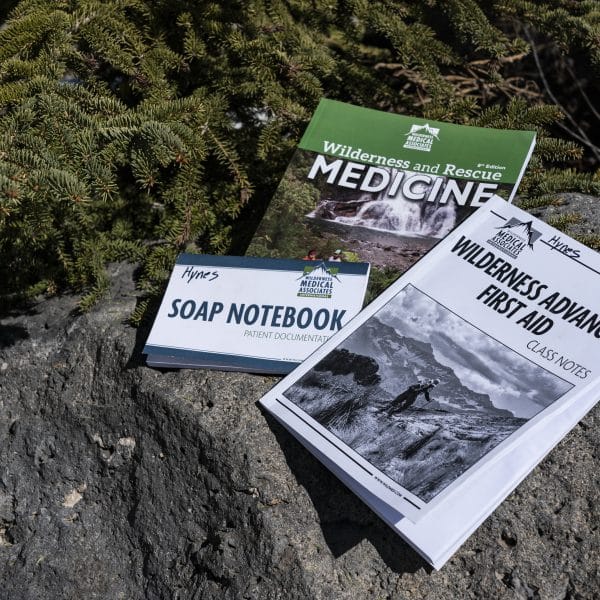
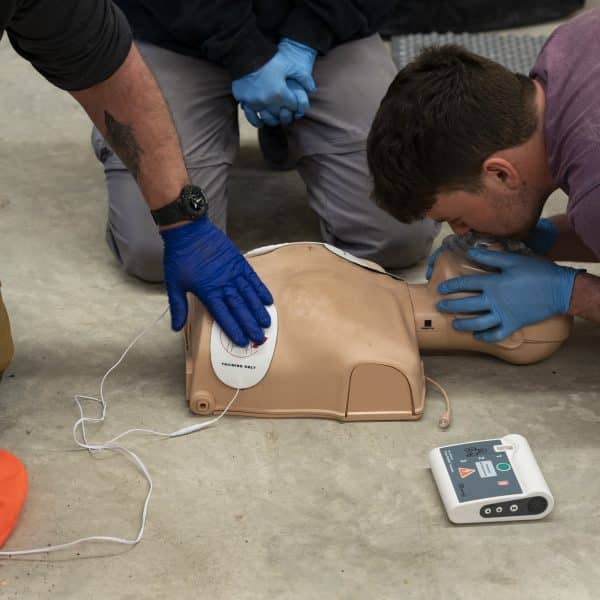
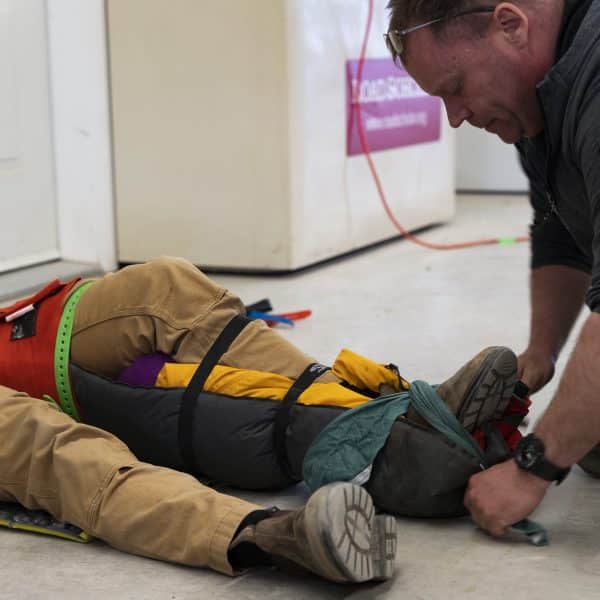

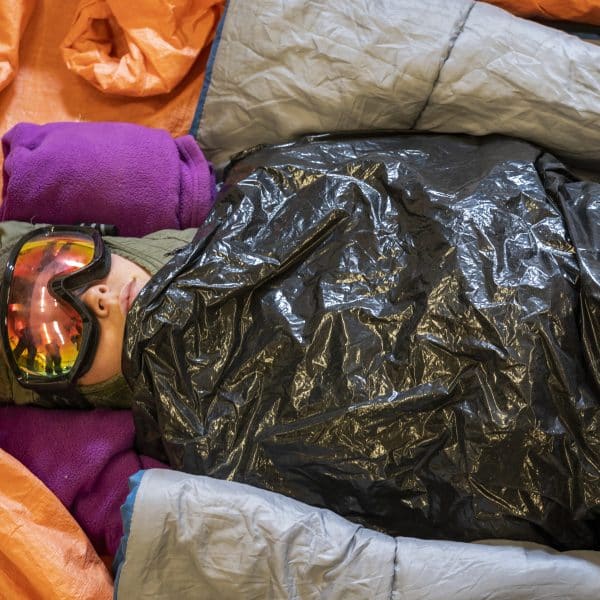
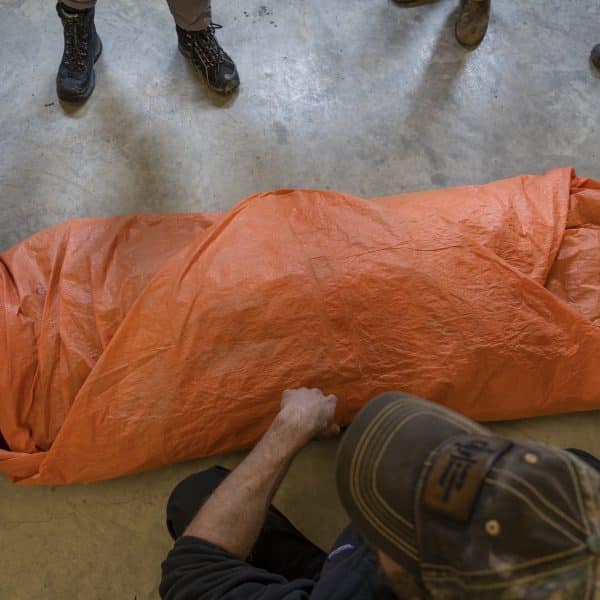
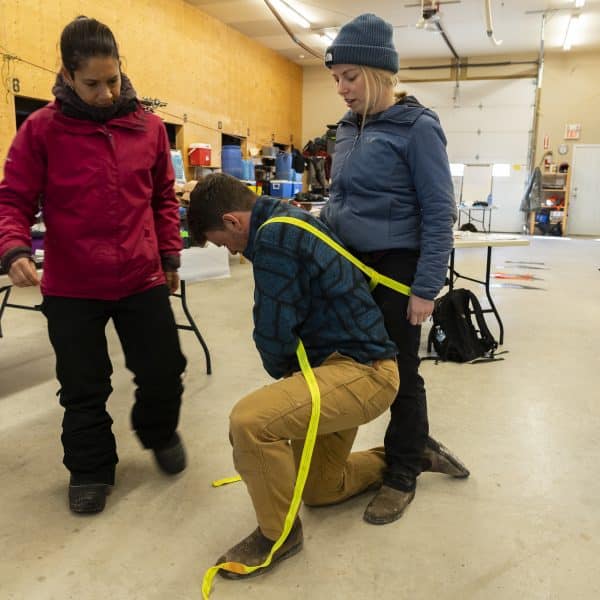
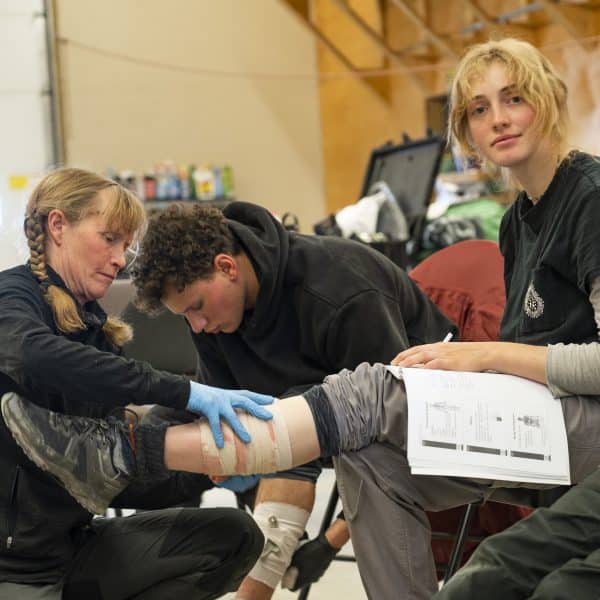
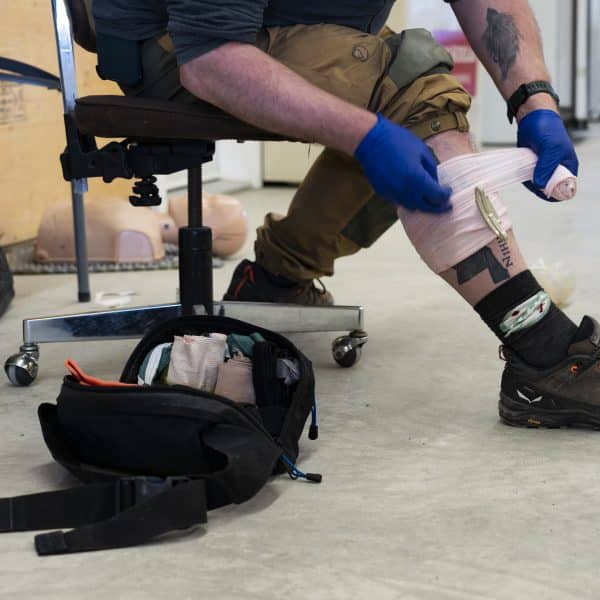
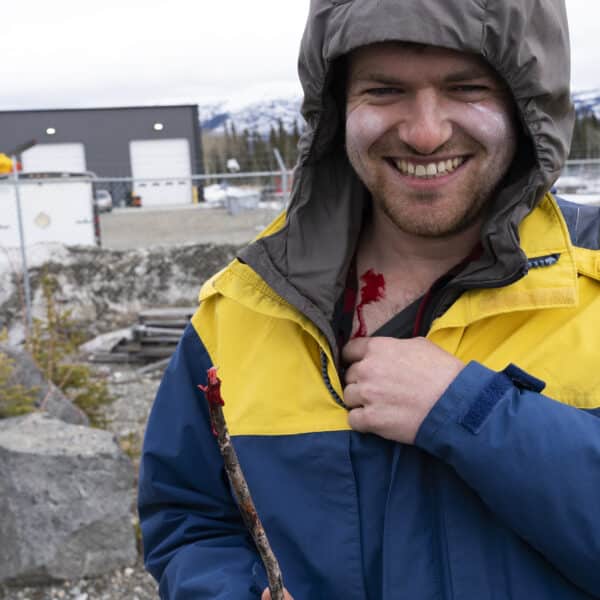
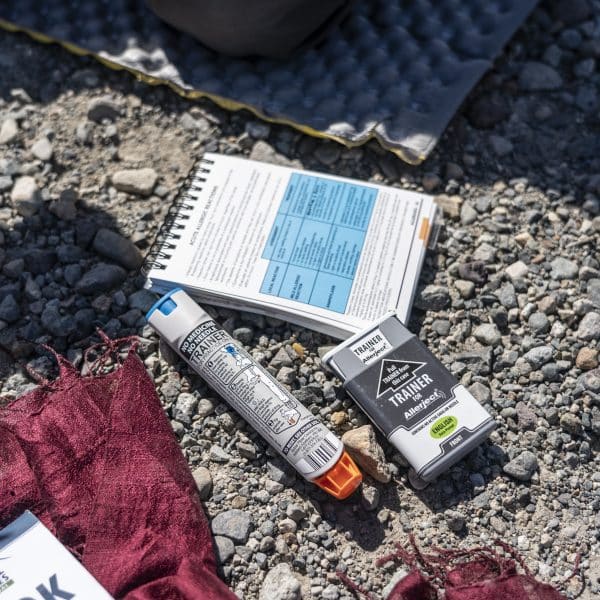
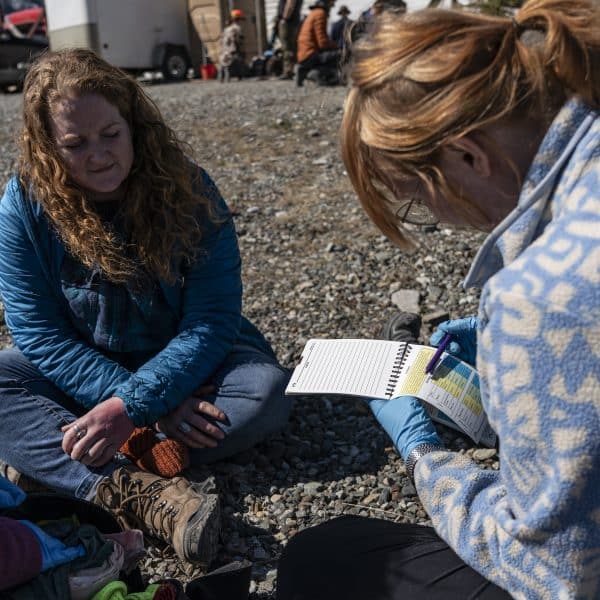
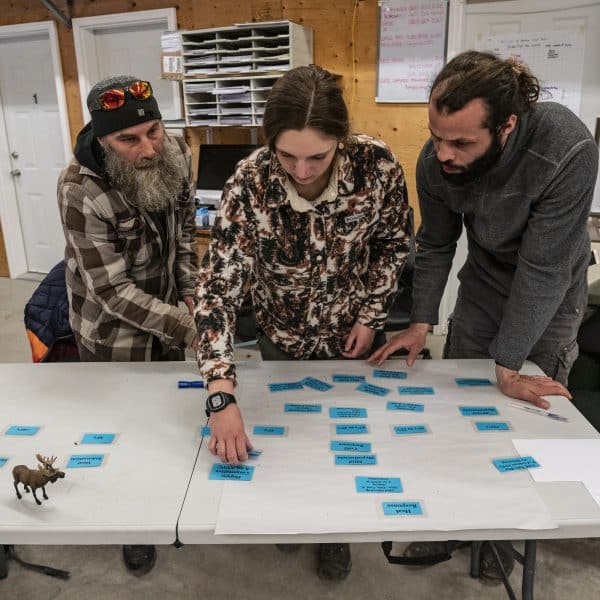
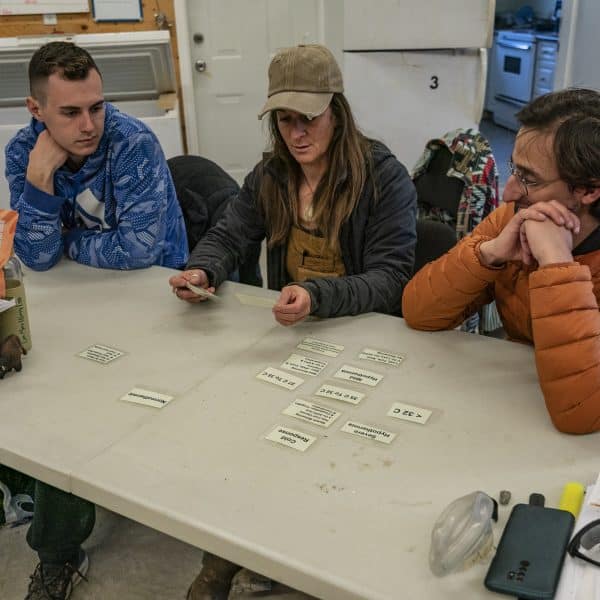
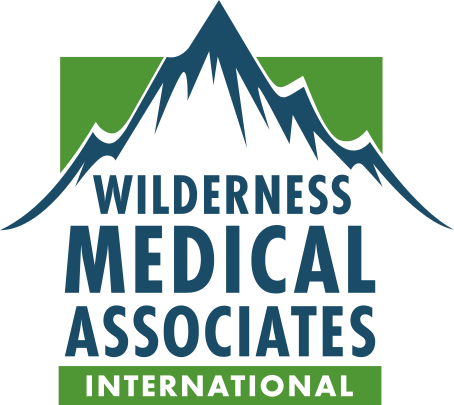
Partnered with Wilderness Medical Associates (WMA)
For our medical courses, we partner with Wilderness Medical Associates. WMA has set the standard in wilderness medicine and rescue training for over 30 years. The cutting-edge curriculum is constantly updated by a group of healthcare professionals, has been taught on all 7 continents, and is recognized around the world.
